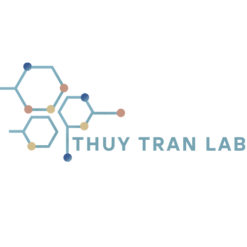Located in Stockholm, Sweden, Karolinska Institutet is home to a cutting-edge research lab that is at the forefront of translational theranostics. With a focus on developing the next generation of targeted radiopharmaceutical therapy and antibody- and peptide drug conjugates, the lab is dedicated to advancing the field of personalized medicine.
Translational theranostics is an emerging field that combines diagnostics and therapeutics to provide tailored treatments for patients. By using targeted radiopharmaceuticals, researchers at Karolinska Institutet are able to deliver precise doses of medication directly to cancer cells, minimizing damage to healthy tissues. This approach offers new hope for patients with hard-to-treat cancers and has the potential to revolutionize cancer treatment.
One of the key areas of focus for the lab is the development of antibody- and peptide drug conjugates. These innovative therapies combine the targeting capabilities of antibodies or peptides with the cytotoxic effects of drugs. By attaching a drug to a specific antibody or peptide, researchers can deliver the medication directly to cancer cells, increasing its effectiveness while reducing side effects.
The research lab at Karolinska Institutet is equipped with state-of-the-art facilities and a team of highly skilled scientists and clinicians. The interdisciplinary nature of the lab allows for collaboration between experts in various fields, including chemistry, pharmacology, and molecular biology. This collaborative approach fosters innovation and accelerates the development of novel theranostic agents.
In addition to their research efforts, the lab also plays a crucial role in training the next generation of translational theranostics researchers. Through their educational programs and mentorship opportunities, they are nurturing young talents and inspiring them to make significant contributions to the field.
The impact of the lab’s work extends beyond the walls of the institute. Their research has the potential to improve patient outcomes and transform the way we approach cancer treatment. By developing targeted therapies that are tailored to individual patients, they are paving the way for a more personalized and effective approach to medicine.
